Author Archives: Alissa Starzak
Author Archives: Alissa Starzak

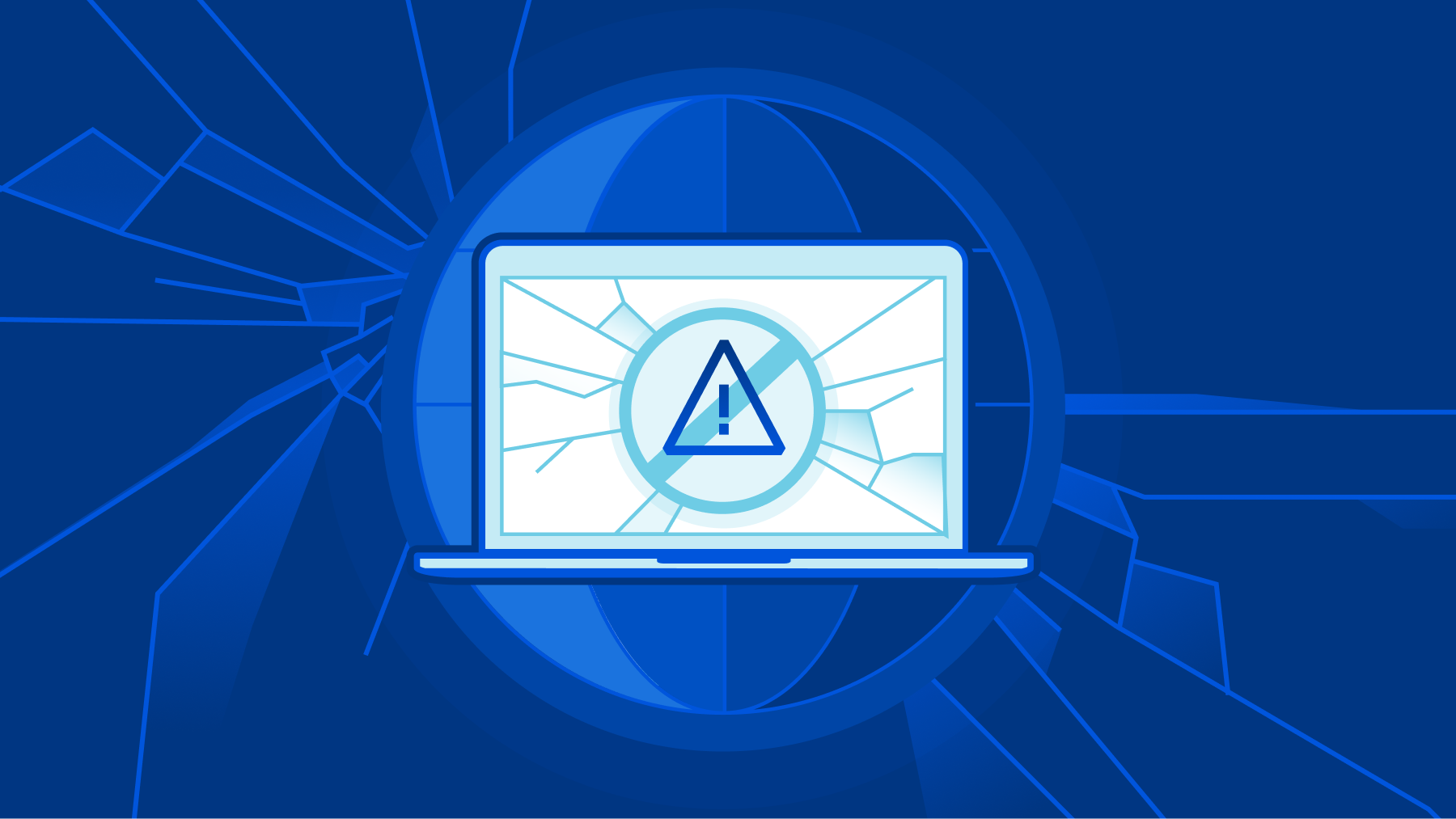
In late August 2022, Cloudflare’s customer support team began to receive complaints about sites on our network being down in Austria. Our team immediately went into action to try to identify the source of what looked from the outside like a partial Internet outage in Austria. We quickly realized that it was an issue with local Austrian Internet Service Providers.
But the service disruption wasn’t the result of a technical problem. As we later learned from media reports, what we were seeing was the result of a court order. Without any notice to Cloudflare, an Austrian court had ordered Austrian Internet Service Providers (ISPs) to block 11 of Cloudflare’s IP addresses.
In an attempt to block 14 websites that copyright holders argued were violating copyright, the court-ordered IP block rendered thousands of websites inaccessible to ordinary Internet users in Austria over a two-day period. What did the thousands of other sites do wrong? Nothing. They were a temporary casualty of the failure to build legal remedies and systems that reflect the Internet’s actual architecture.
Today, we are going to dive into a discussion of IP blocking: why we see it, what it is, what it does, who it affects, Continue reading


Last year, we launched Cloudflare’s first Human Rights Policy, formally stating our commitment to respect human rights under the UN Guiding Principles on Business and Human Rights (UNGPs) and articulating how we planned to meet the commitment as a business to respect human rights. Our Human Rights Policy describes many of the concrete steps we take to implement these commitments, from protecting the privacy of personal data to respecting the rights of our diverse workforce.
We also look to our human rights commitments in considering how to approach complaints of abuse by those using our services. Cloudflare has long taken positions that reflect our belief that we must consider the implications of our actions for both Internet users and the Internet as a whole. The UNGPs guide that understanding by encouraging us to think systematically about how the decisions Cloudflare makes may affect people, with the goal of building processes to incorporate those considerations.
Human rights frameworks have also been adopted by policymakers seeking to regulate content and behavior online in a rights-respecting way. The Digital Services Act recently passed by the European Union, for example, includes a variety of requirements for intermediaries like Cloudflare that come from human rights Continue reading
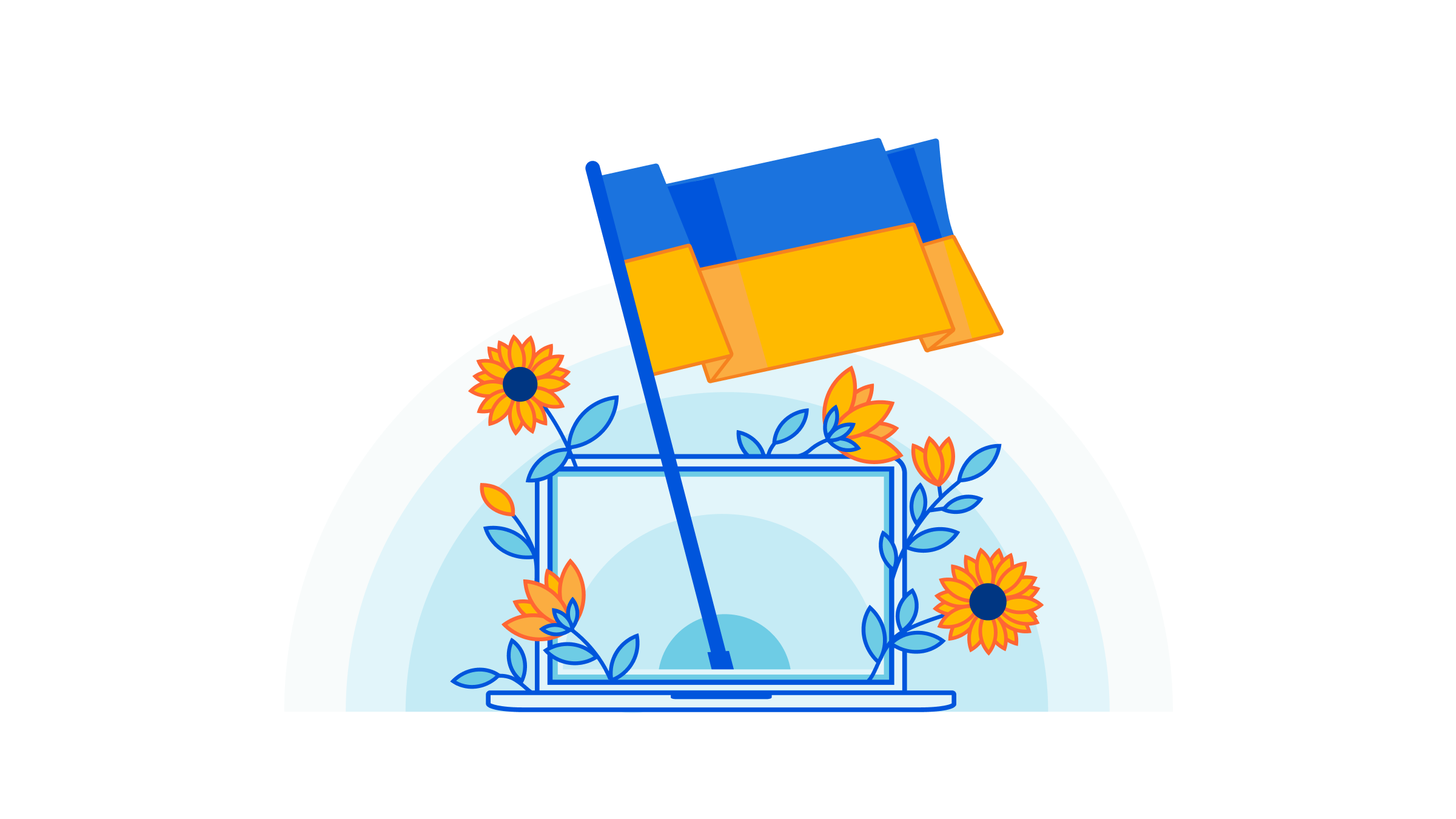
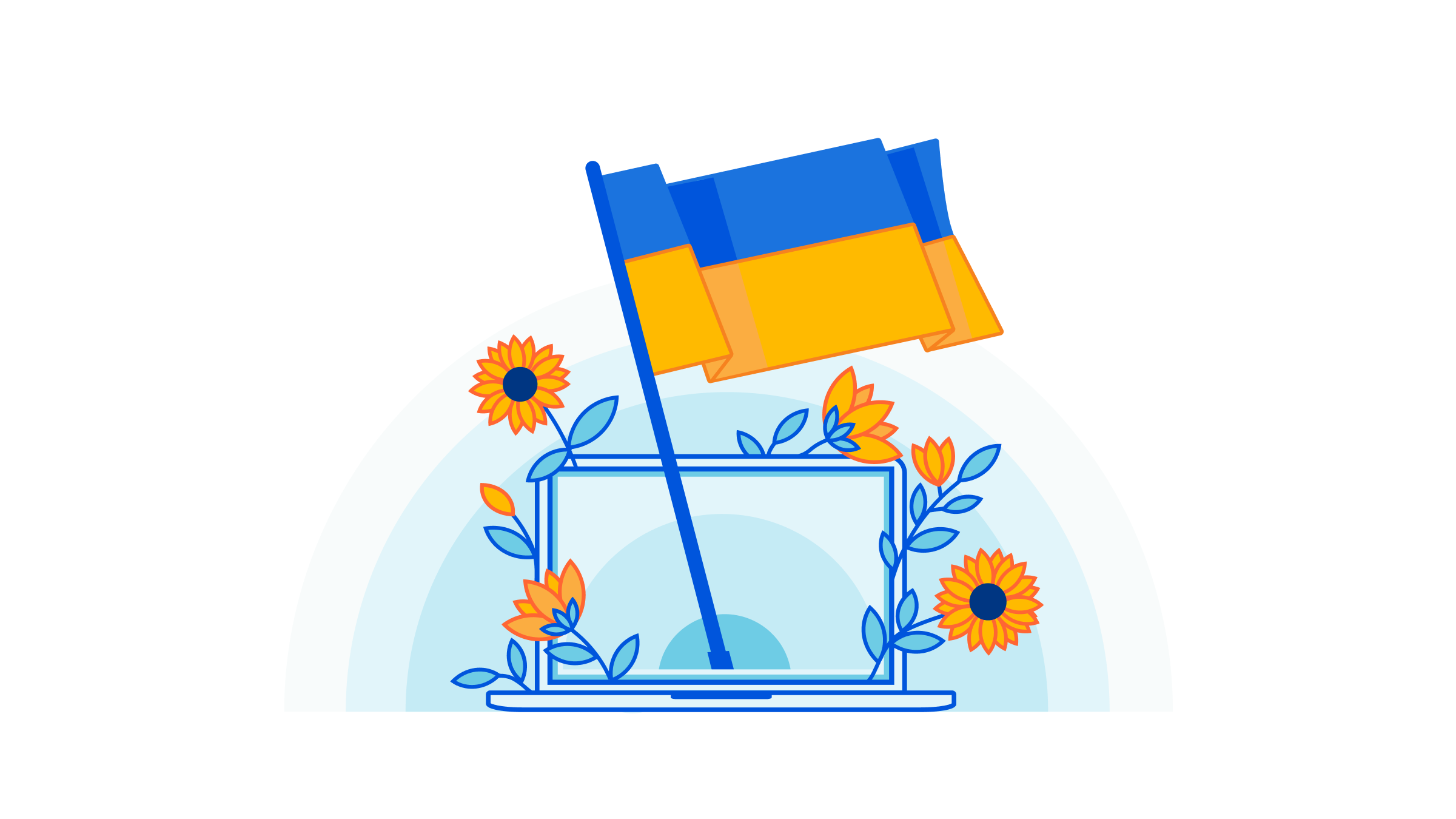
On February 24, 2022, when Russia invaded Ukraine, Cloudflare jumped into action to provide services that could help prevent potentially destructive cyber attacks and keep the global Internet flowing. In the nearly 10 months since that day, we’ve posted about our actions, network traffic patterns, cyberattacks and network outages we’ve seen during the conflict.
During Impact Week, we want to provide an update on where things currently stand, the role of security companies like Cloudflare, and some of our takeaways from the conflict so far.
Since the time of the invasion, Ukrainian government and civilian infrastructure has come under a barrage of DDoS and other common cyberattacks. Although the public perception has been that cyberattacks have not played a significant role in the conflict, cyberspace has been an active battlefield. Ukrainian websites saw a significant spike in application layer firewall mitigated attacks in March 2022 and another spike in mid-September. Ukrainian sites have also seen a significant increase in the percentage of requests that were mitigated as attack traffic on a daily average, when compared with Q4 2021. Those spikes are shown below, using a seven-day rolling average:

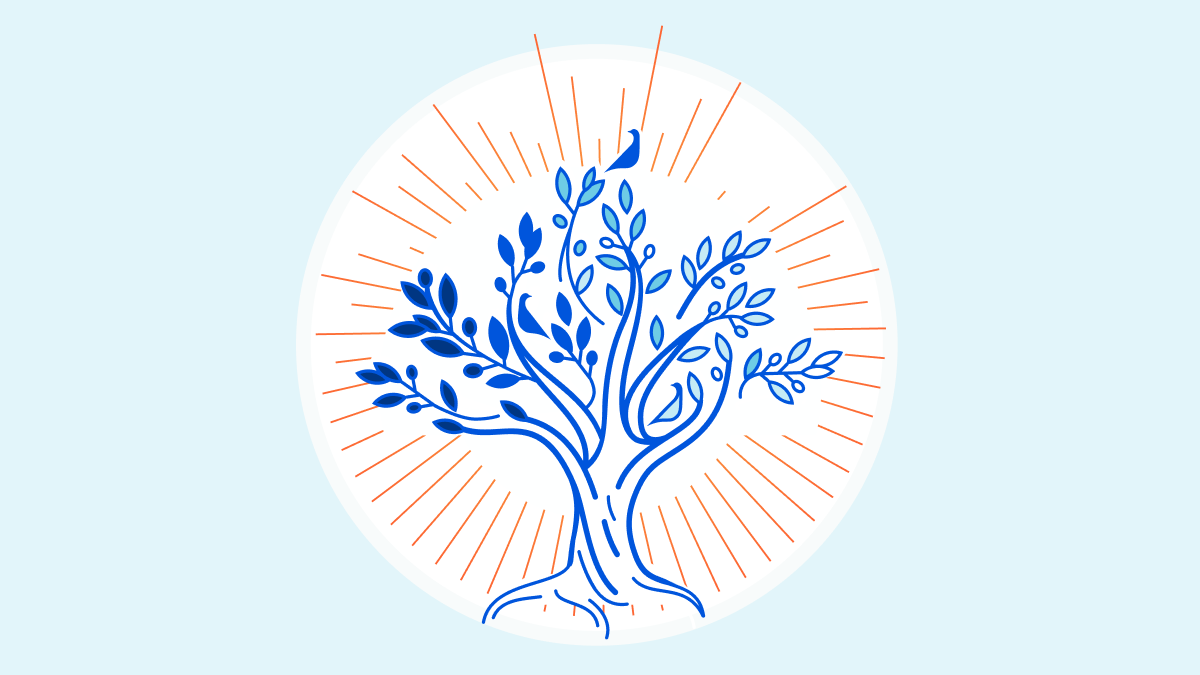
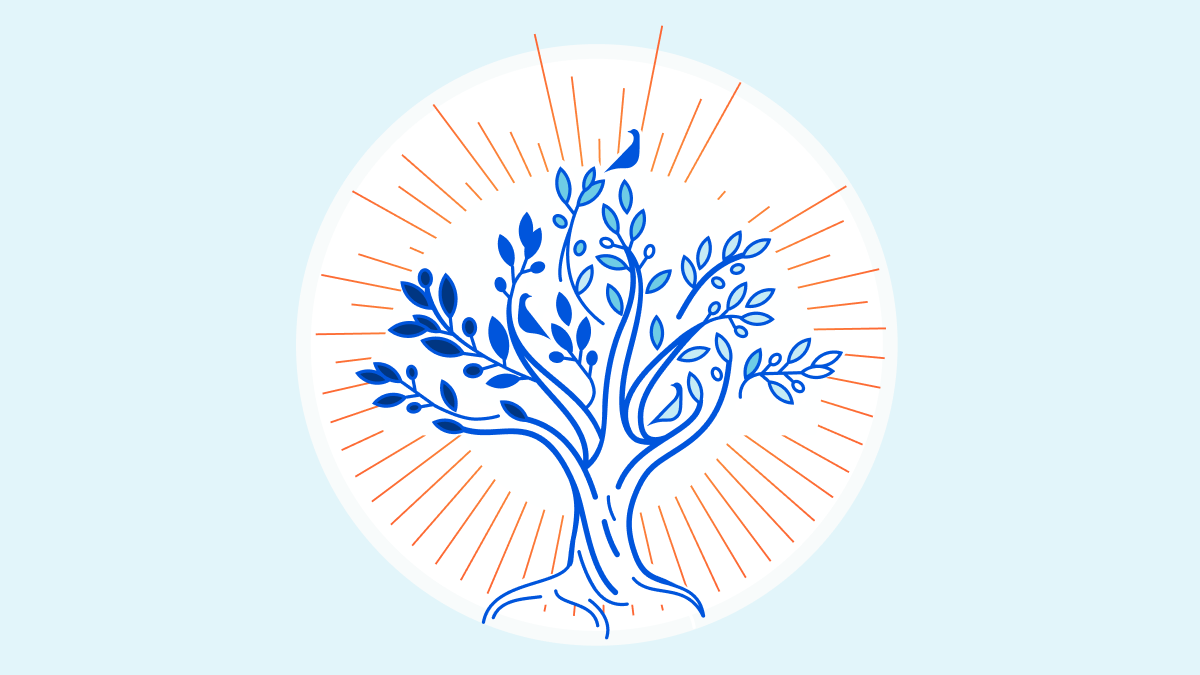
Last year, we announced our commitment to the UN Guiding Principles on Business and Human Rights, and our partnership with Global Network Initiative (GNI). As part of that announcement, Cloudflare committed to developing a human rights policy in order to ensure that the responsibility to respect human rights is embedded throughout our business functions. We spent much of the last year talking to those inside and outside the company about what a policy should look like, the company’s expectations for human rights-respecting behavior, and how to identify activities that might affect human rights.
Today, we are releasing our first human rights policy. The policy sets out our commitments and the way we implement them.
Cloudflare’s mission — to help build a better Internet — reflects a long-standing belief that we can help make the Internet better for everyone. We believe that everyone should have access to an Internet that is faster, more reliable, more private, and more secure. To earn our customers’ trust, we also strive to live up to our core values of being principled, curious, and transparent. The actions that we have taken over the years reflect our mission and Continue reading
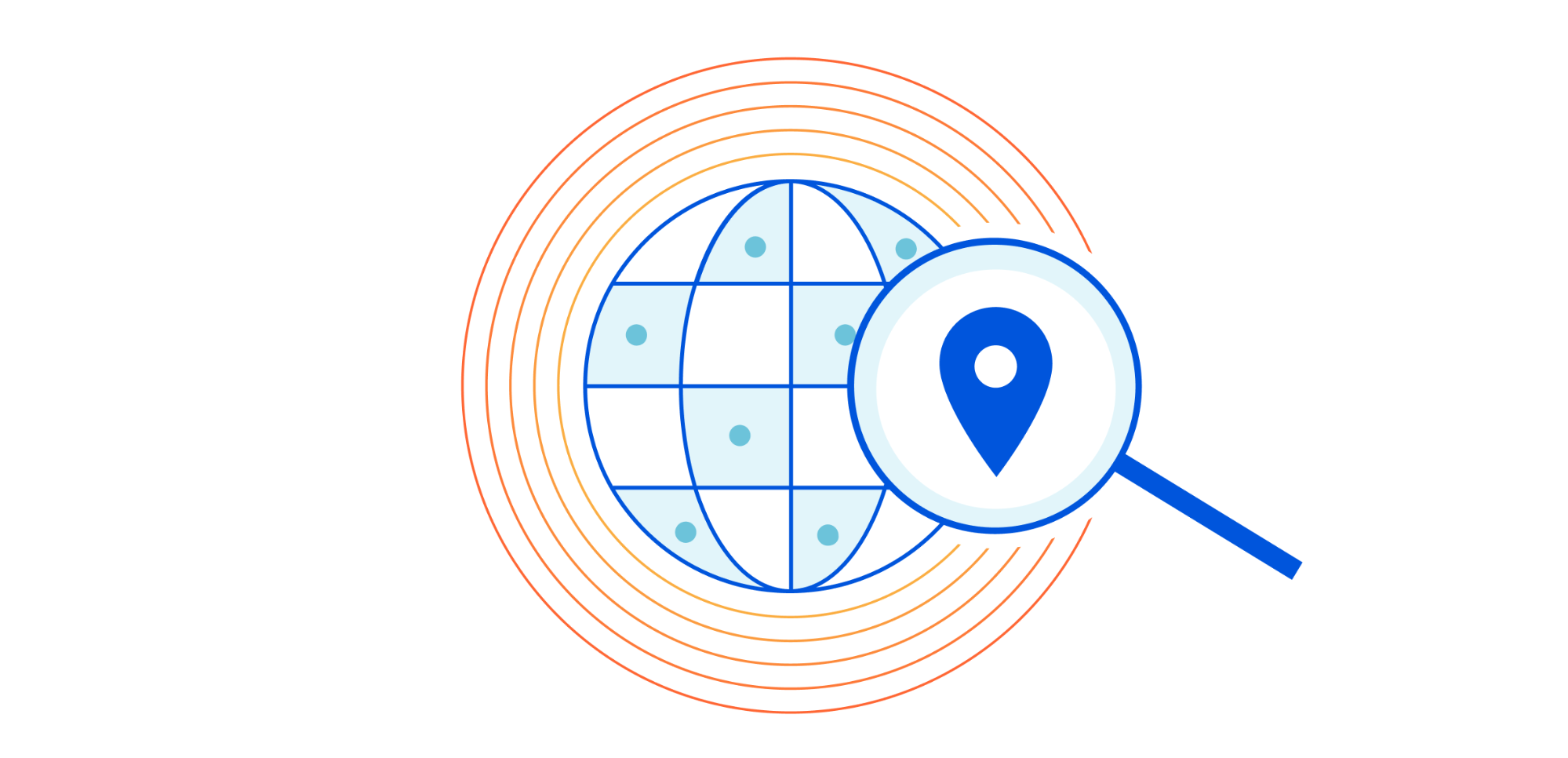
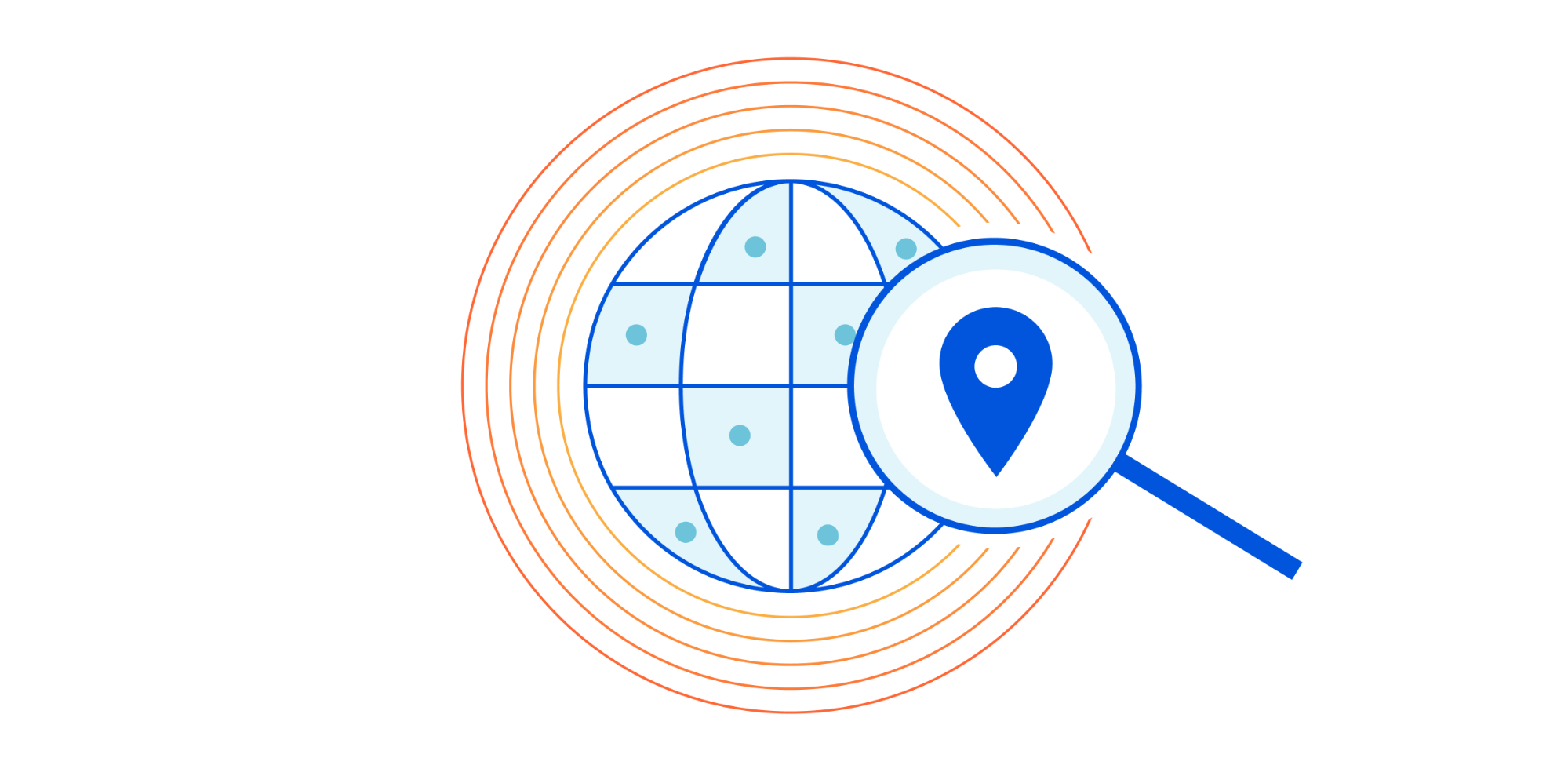
We’ve spent a lot of time over the course of this week talking about Cloudflare engineers building technical solutions to improve privacy, increase control over data, and thereby, help our customers address regulatory challenges. But not all challenges can be solved with engineering. We sometimes have to build policies and procedures that anticipate our customers’ concerns. That has been an approach we’ve used to address government and other legal requests for data throughout the years.
Governments around the world have long had an interest in getting access to online records. Sometimes law enforcement is looking for evidence relevant to criminal investigations. Sometimes intelligence agencies are looking to learn more about what foreign governments or actors are doing. And online service providers of all kinds often serve as an access point for those electronic records.
For service providers like Cloudflare, though, those requests can be fraught. The work that law enforcement and other government authorities do is important. At the same time, the data that law enforcement and other government authorities are seeking does not belong to us. By using our services, our customers have put us in a position of trust over that data. Maintaining that trust is fundamental to Continue reading
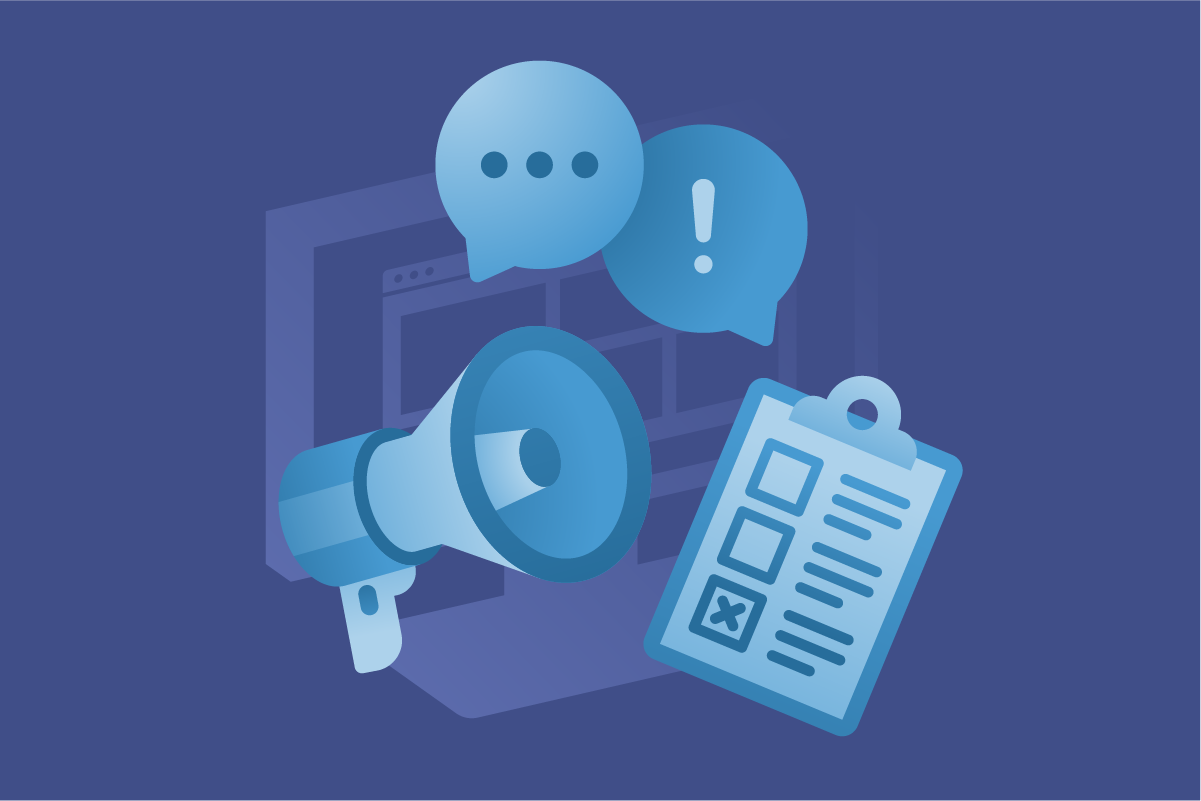

During the past year, we saw nearly 2 billion global citizens go to the polls to vote in democratic elections. There were major elections in more than 50 countries, including India, Nigeria, and the United Kingdom, as well as elections for the European Parliament. In 2020, we will see a similar number of elections in countries from Peru to Myanmar. In November, U.S citizens will cast their votes for the 46th President, 435 seats in the U.S House of Representatives, 35 of the 100 seats in the U.S. Senate, and many state and local elections.
Recognizing the importance of maintaining public access to election information, Cloudflare launched the Athenian Project in 2017, providing U.S. state and local government entities with the tools needed to secure their election websites for free. As we’ve seen, however, political parties and candidates for office all over the world are also frequent targets for cyberattack. Cybersecurity needs for campaign websites and internal tools are at an all time high.
Although Cloudflare has helped improve the security and performance of political parties and candidates for office all over the world for years, we’ve long felt that we could do more. So today, Continue reading

Today, we are releasing Cloudflare’s transparency report for the first half of 2019. We recognize the importance of keeping the reports current, but It’s taken us a little longer than usual to put it together. We have a few notable updates.
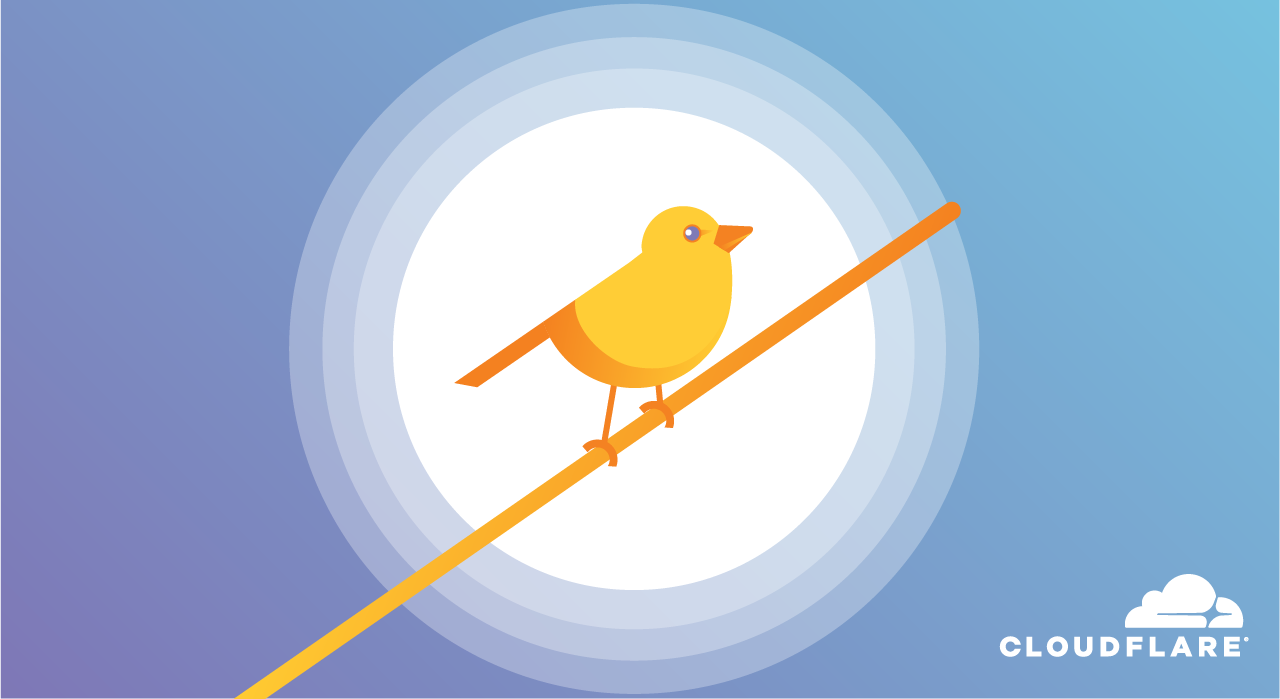
Since we issued our very first transparency report in 2014, we’ve maintained a number of commitments - known as warrant canaries - about what actions we will take and how we will respond to certain types of law enforcement requests. We supplemented those initial commitments earlier this year, so that our current warrant canaries state that Cloudflare has never:


Although we are focused on protecting and optimizing the operation of the Internet, Cloudflare is sometimes the target of complaints or criticism about the content of a very small percentage of the more than thirteen million websites that use our service. Our termination of services to the Daily Stormer website a year and a half ago drew significant attention to our approach to these issues and prompted a lot of thinking on our part.
At the time, Matthew wrote that calls for service providers to reject some online content should start with a consideration of how the Internet works and how the services at issue up and down the stack interact with that content. He tasked Cloudflare’s policy team with engaging broadly to try and find an answer. With some time having passed, we want to take stock of what we’ve learned and where we stand in addressing problematic content online.
The weeks immediately following the decision in August 2017 were filled with conversations. Matthew made sure the Cloudflare team accepted every single invitation to talk about these issues; we didn’t simply put out a press release or “no comment” anyone. Continue reading
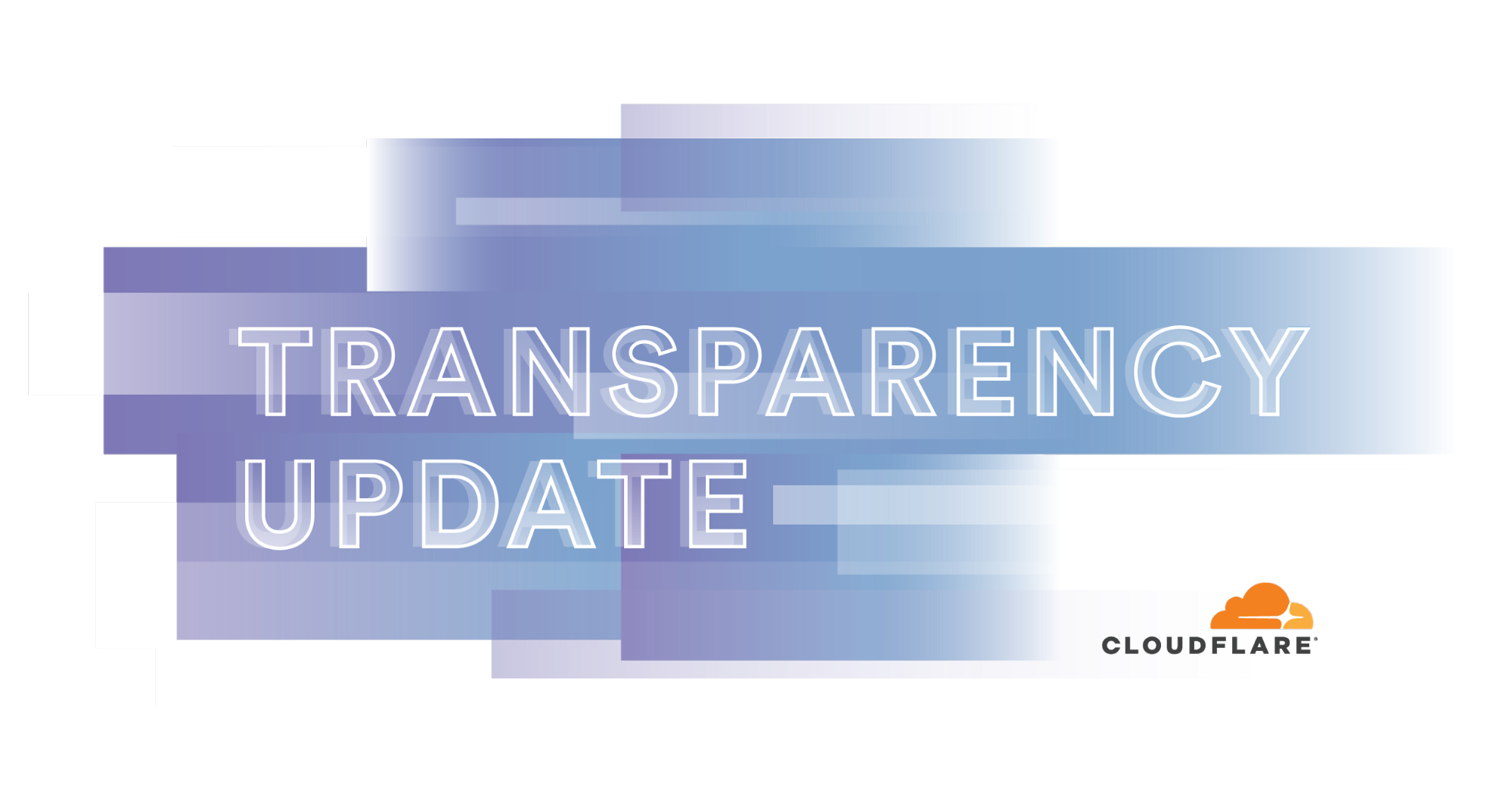

Today, Cloudflare is releasing its transparency report for the second half of 2018. We have been publishing biannual Transparency Reports since 2013.
We believe an essential part of earning the trust of our customers is being transparent about our features and services, what we do – and do not do – with our users’ data, and generally how we conduct ourselves in our engagement with third parties such as law enforcement authorities. We also think that an important part of being fully transparent is being rigorously consistent and anticipating future circumstances, so our users not only know how we have behaved in the past, but are able to anticipate with reasonable certainty how we will act in the future, even in difficult cases.
As part of that effort, we have set forth certain ‘warrant canaries’ – statements of things we have never done as a company. As described in greater detail below, the report published today adds three new ‘warrant canaries’, which is the first time we’ve added to that list since 2013. The transparency report is also distinguished because it adds new reporting on requests for user information from foreign law enforcement, and requests for user information that we Continue reading
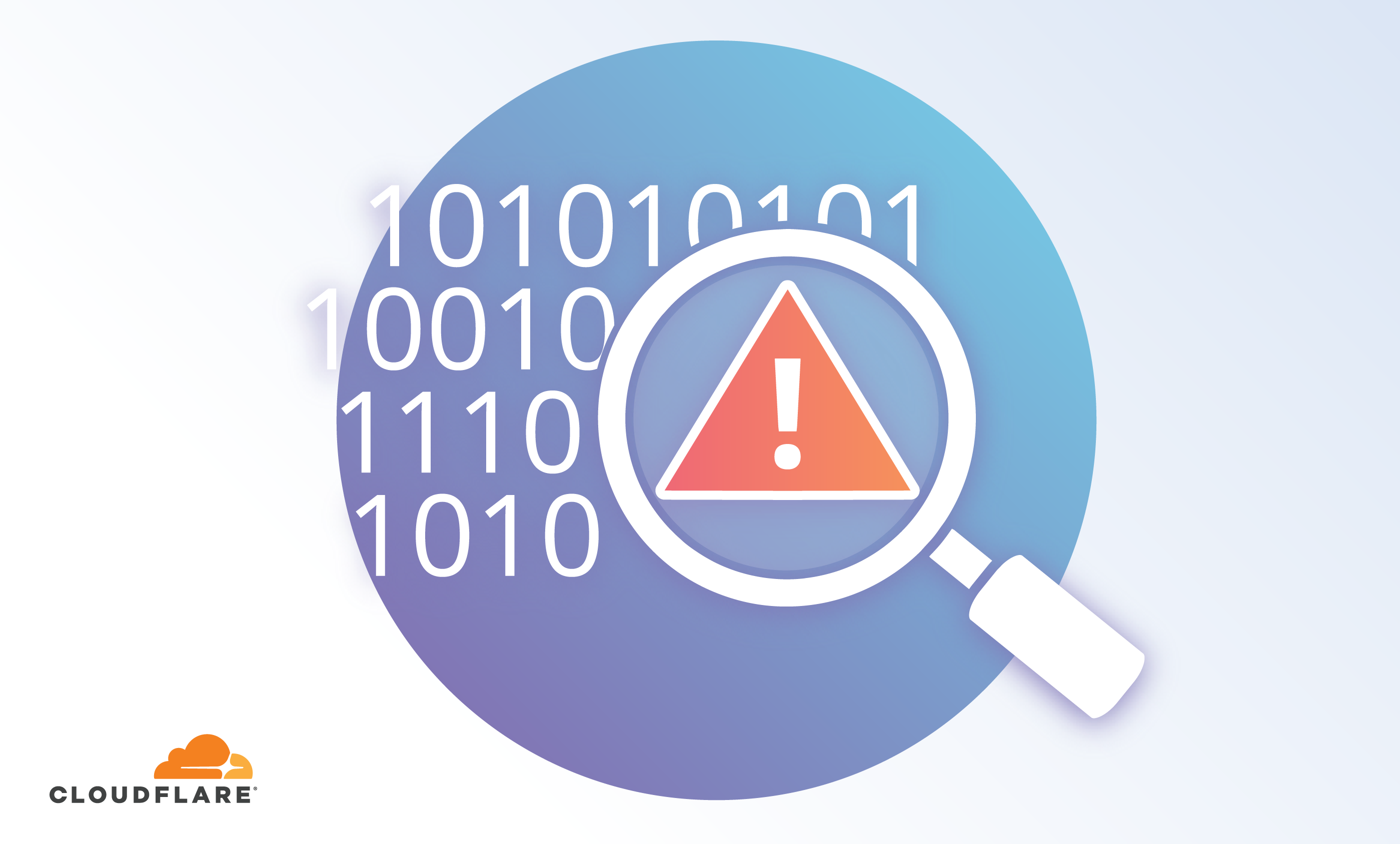

Dealing with abuse complaints isn’t easy, for any Internet company. The variety of subject matters at issue, the various legal and regulatory requirements, and the uncertain intentions of complaining parties combine to create a ridiculously complex situation. We often suggest to those who propose easy answers to this challenge that they spend a few hours tracking the terminal of a member of our Trust & Safety team to get a feel for how difficult it can be. Yet even we were a bit surprised by an unusual abuse report we’ve been dealing with recently.
Last week, we received what looked like a notable law enforcement request: a complaint from an entity that identified itself as the “New Jersey Office of the Attorney General” and claimed to be a notice Cloudflare was “serving files consisting of 3D printable firearms in violation of NJ Stat. Ann. § 2C:39-9 3(I)(2).” The complaint further asked us to “delete all files described within 24 hours” and threatened “to press charges in order to preserve the safety of the citizens of New Jersey.”
Because we are generally not the host of information, and are unable to remove content from the Internet that we don’t Continue reading

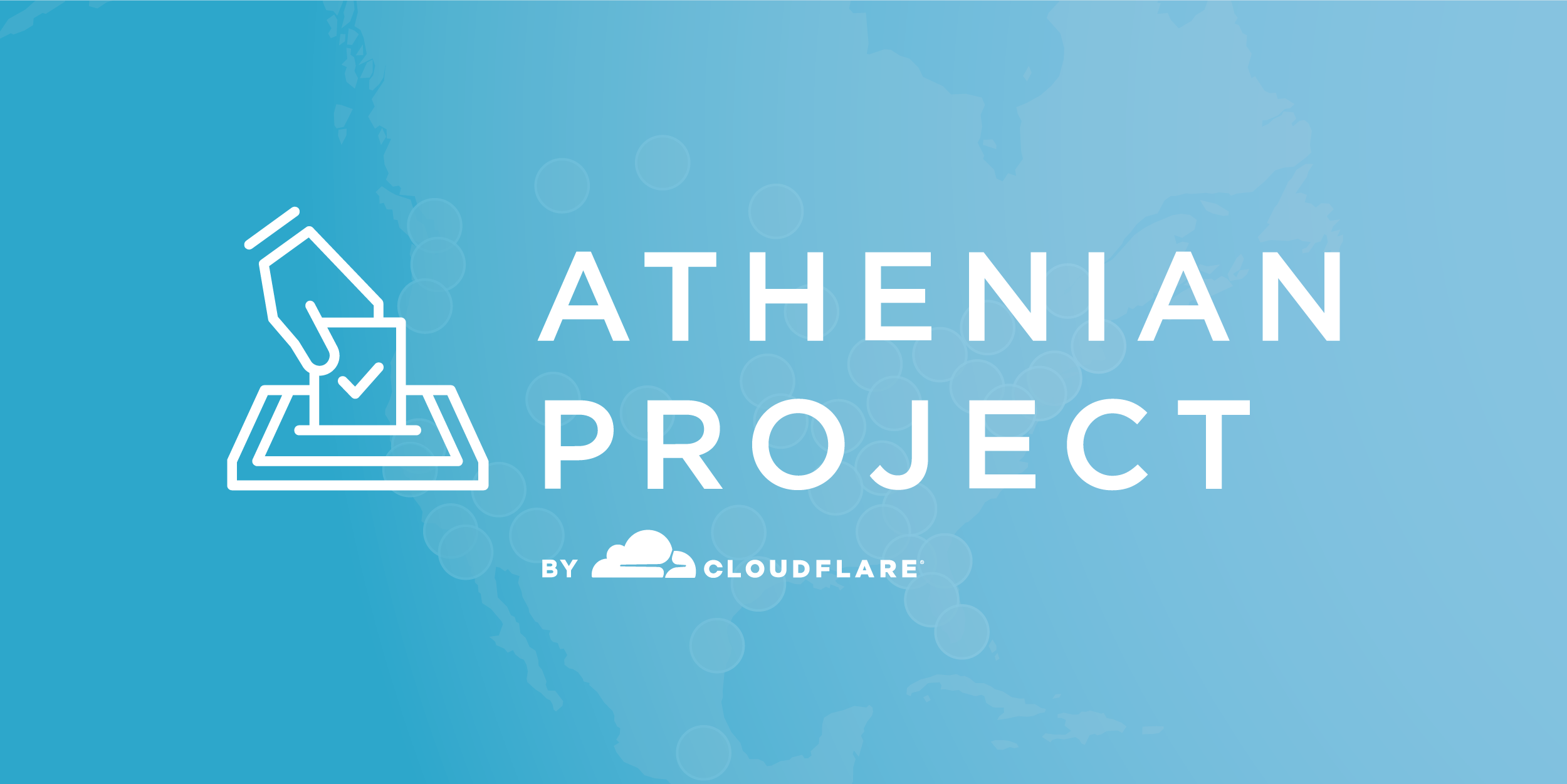
Last December, Cloudflare announced the Athenian Project to help protect U.S. state and local election websites from cyber attack.
Since then, the need to protect our electoral systems has become increasingly urgent. As described by Director of National Intelligence Dan Coats, the “digital infrastructure that serves this country is literally under attack.” Just last week, we learned new details about how state election systems were targeted for cyberattack during the 2016 election. The U.S. government’s indictment of twelve Russian military intelligence officers describes the scanning of state election-related websites for vulnerabilities and theft of personal information related to approximately 500,000 voters.
This direct attack on the U.S. election systems using common Internet vulnerabilities reinforces the need to ensure democratic institutions are protected from attack in the future. The Athenian Project is Cloudflare’s attempt to do our part to secure our democracy.
Since announcing the Athenian Project, we’ve talked to state, county, and municipal officials around the country about protecting their election and voter registration websites. Today, we’re proud to report that we have Athenian Project participants in 19 states, and are in talks with many more. We have also strategized with civil Continue reading

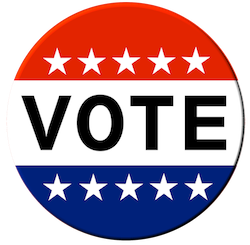
From cyberattacks on election infrastructure, to attempted hacking of voting machines, to attacks on campaign websites, the last few years have brought us unprecedented attempts to use online vulnerabilities to affect elections both in the United States and abroad. In the United States, the Department of Homeland Security reported that individuals tried to hack voter registration files or public election sites in 21 states prior to the 2016 elections. In Europe, hackers targeted not only the campaign of Emmanuel Macron in France, but government election infrastructure in the Czech Republic and Montenegro.
Cyber attack is only one of the many online challenges facing election officials. Unpredictable website traffic patterns are another. Voter registration websites see a flood of legitimate traffic as registration deadlines approach. Election websites must integrate reported results and stay online notwithstanding notoriously hard-to-model election day loads.
We at Cloudflare have seen many election-related cyber challenges firsthand. In the 2016 U.S. presidential campaign, Cloudflare protected most of the major presidential campaign websites from cyberattack, including the Trump/Pence campaign website, the website for the campaign of Senator Bernie Sanders, and websites for 14 of the 15 leading candidates from the two major parties. We have also protected election Continue reading


From cyberattacks on election infrastructure, to attempted hacking of voting machines, to attacks on campaign websites, the last few years have brought us unprecedented attempts to use online vulnerabilities to affect elections both in the United States and abroad. In the United States, the Department of Homeland Security reported that individuals tried to hack voter registration files or public election sites in 21 states prior to the 2016 elections. In Europe, hackers targeted not only the campaign of Emmanuel Macron in France, but government election infrastructure in the Czech Republic and Montenegro.
Cyber attack is only one of the many online challenges facing election officials. Unpredictable website traffic patterns are another. Voter registration websites see a flood of legitimate traffic as registration deadlines approach. Election websites must integrate reported results and stay online notwithstanding notoriously hard-to-model election day loads.
We at Cloudflare have seen many election-related cyber challenges firsthand. In the 2016 U.S. presidential campaign, Cloudflare protected most of the major presidential campaign websites from cyberattack, including the Trump/Pence campaign website, the website for the campaign of Senator Bernie Sanders, and websites for 14 of the 15 leading candidates from the two major parties. We have also protected election Continue reading

We at Cloudflare strongly believe in network neutrality, the principle that networks should not discriminate against content that passes through them. We’ve previously posted on our views on net neutrality and the role of the FCC here and here.
In May, the FCC took a first step toward revoking bright-line rules it put in place in 2015 to require ISPs to treat all web content equally. The FCC is seeking public comment on its proposal to eliminate the legal underpinning of the 2015 rules, revoking the FCC's authority to implement and enforce net neutrality protections. Public comments are also requested on whether any rules are needed to prevent ISPs from blocking or throttling web traffic, or creating “fast lanes” for some internet traffic.
To raise awareness about the FCC's efforts, July 12th will be “Internet-Wide Day of Action to save Net Neutrality.” Led by the group Battle for the Net, participating websites will show the world what the web would look like without net neutrality by displaying an alert on their homepage. Website users will be encouraged to contact Congress and the FCC in support of net neutrality.
We wanted to make sure our users had an opportunity to participate in this Continue reading
Sometimes, well-intended efforts to prevent unacceptable behavior run into the reality of what it means to have an open and free society. That is what happened at the Supreme Court on Monday.
The Supreme Court issued an opinion confirming something we at Cloudflare have long believed -- that the First Amendment protects access to the Internet. Using sweeping language, Justice Kennedy compared internet access to access to a street or park, "essential venues for public gatherings to celebrate some views, to protest others, or simply to learn and inquire,” and concluded that "to foreclose access to social media altogether is to prevent the user from engaging in the legitimate exercise of First Amendment rights."
We share this view of the internet as a forum to discuss and debate ideas, and believe that the Court’s opinion is an important reaffirmation of the free speech principles we support.
Like many other First Amendment cases, the law at the heart of the Packingham v. North Carolina case presents complex questions about how to protect the community in ways consistent with the right to free speech.
In 2008, North Carolina passed a law making it a Continue reading